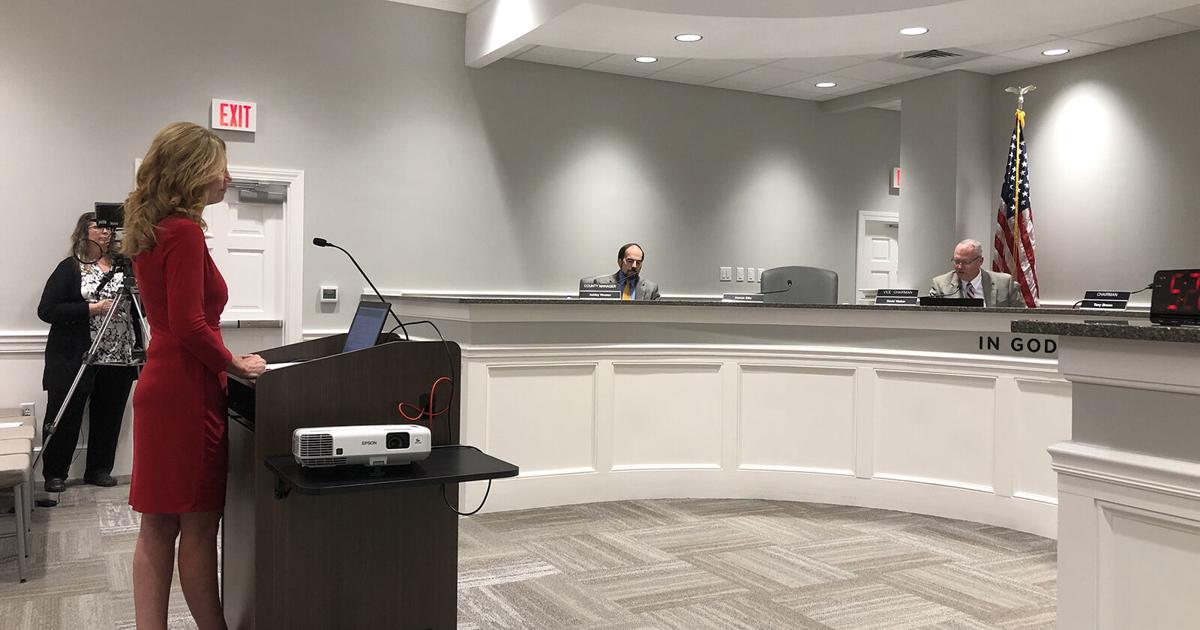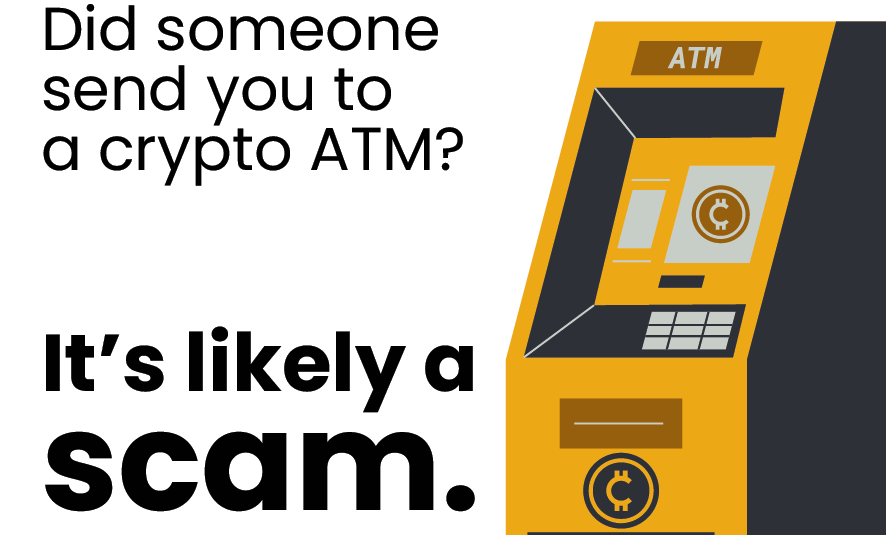The McDowell County Board of Commissioners will hold a public hearing next month about the banning of commercial cryptocurrency mining in McDowell.
On Monday, the commissioners held their first regular meeting of the month at the County Administrative Offices on North Main Street in Marion. During the meeting, they heard an update from Planning Director Ron Harmon about commercial cryptocurrency mining in McDowell.
Earlier this year, the commissioners implemented a moratorium on this activity. Cryptocurrency mining is defined as “the continuous process where computers work to solve algorithms to maintain and build algorithmic, or blockchain, and in exchange are granted cryptocurrency.” Cryptocurrency is a form of currency that exists digitally. It is a digital payment system that does not rely on banks to verify transactions. The cryptocurrency mining uses significant electricity and water resources as part of its operations to power special servers and maintain a cool climate, said local officials.
People are also reading…
“Cryptocurrency mining requires considerable amounts of electricity usage, noise, and other local impacts to communities living near the mining facilities,” reads a memo to the commissioners.
County Manager Ashley Wooten told The McDowell News earlier this year that there have been inquiries from companies interested in starting a cryptocurrency mining operation in McDowell.
The commissioners voted earlier this year to enact a 12-month moratorium. They also directed the county Planning Board and staff to look at creating rules for cryptocurrency mining operations in McDowell County.
On Monday, Harmon presented a draft of the commercial cryptocurrency ordinance. It more or less bans the development of commercial cryptocurrency mining throughout the unincorporated areas of the McDowell County. The municipalities of Marion and Old Fort may elect to allow this ordinance to be effective within their corporate limits and extraterritorial jurisdictions. Harmon said it would not prohibit cryptocurrency mining by private individuals.
The commissioners agreed to hold this hearing at their Dec. 11 meeting.
In a related matter, the commissioners approved changing the county’s telecommunications tower ordinance to comply with new federal regulations.
Commissioners also heard a report from Health Director Karen Powell with the Foothills Health District.
Powell presented a request to increase several environmental health fees. The higher fees are for evaluation of new and existing wastewater systems. Powell also asked the commissioners to endorse a policy of banning smoking and vaping at the Health Department building.
Under this policy, the Foothills Health District will prohibit the use of tobacco products in “any building of the Health Department and within 50 feet of the building, thus avoiding smoke being drawn into the ventilation system and circulated throughout the building(s).” The ban will cover Health Department buildings, vehicles, playground, outdoor grounds and walkways and parking lots. It will also ban the use of smokeless tobacco on the Health Department property.
“The goal of this policy is to protect the health and safety of all people using health department services; employed by the health department; and/or visiting health department grounds. Specifically, to reduce the exposure to secondhand smoke and tobacco product residual material,” reads a memo from health officials.
The commissioners did not act on these requests but asked for more information before taking action.
During Monday’s meeting, the commissioners indicated they will adopt a resolution in support of Israel in its brutal war with Hamas. The resolution will be brought before the board for consideration at a future meeting.
In other business, the McDowell County Commission:
Heard a report from Kim Case from myFutureNC. She gave an overview of that organization and its goal of seeing an increase statewide of the number of post-high school education whether it’s college degrees, certificates, or other credentials. The goal for McDowell County is that 51% of the residents will have a postsecondary degree or credential. After hearing from Case, the commissioners adopted a resolution supporting the myFutureNC attainment goal.
Held a public hearing about renaming of roads. Property owners along two named roads off of Hankins Road have requested a road renaming. Emergency Services staff have ensured that the road names do not conflict with any existing road names. The roads were renamed as Drake Lee Drive and Jett Way.
Talked about the strategic planning process. The commissioners met at the end of August to start the strategic planning process. Since that time, county staff and the N.C. Commerce officials have worked to put together a working group comprised of the following departments/agencies: county manager, Sheriff’s Office, Emergency Services, Tourism Development Authority, planning, Parks and Recreation, the Senior Center, N.C. Cooperative Extension, the transit system, DSS, economic development, Foothills Health District, Foothills Regional Commission, McDowell County Public Schools and McDowell Technical Community College. The group held its first meeting on Nov. 1 to review the strengths, weaknesses, opportunities and threats that were identified by the commissioners. The next meeting will focus on the vision that has been laid out by the board. In addition, a public input survey has been developed.
Heard updates about building projects including the Recreation Center and the animal shelter. The commissioners recently rejected the bids for the Recreation Center project. The architect is now reworking the bid scope to focus on the pool, parking/driveway improvements, and whatever components can be completed on the sports field. The animal shelter architects will meet with staff this week to review and finalize the drawings for the shelter. A topographical survey of the proposed location on N.C. 226 South has been ordered. There have been several positive discussions with donors regarding assistance with the project, according to Wooten.
Heard an update on water system upgrades. The Nebo IA and IB projects are being funded by the county’s $11 million state appropriation. The Universal water and sewer project is being funded by a combination of N.C. Commerce funds and American Rescue Plan Act funds for McDowell.
Talked about the HUD HOME Consortium. Several years ago, the commissioners agreed to allow the county to act as the lead agency for the Housing and Urban Development (HUD) HOME Consortium. This arrangement allows for funding to be distributed from HUD to participating local governments. While the county is the lead agency and the fiscal agent, the Foothills Regional Commission does the work behind the scenes. The commissioners approved the partnership agreement and the receipt of funds from HUD.
Approved leases with the American Red Cross and McDowell Technical Community College.
Appointed Jim Williams and David Patneaude to the Planning Board and Nancy Moore to the Transportation Advisory Board and Conner Tolley to the Juvenile Crime Prevention Council.





























